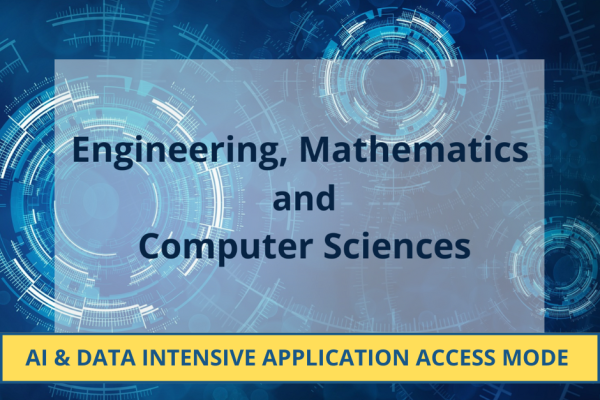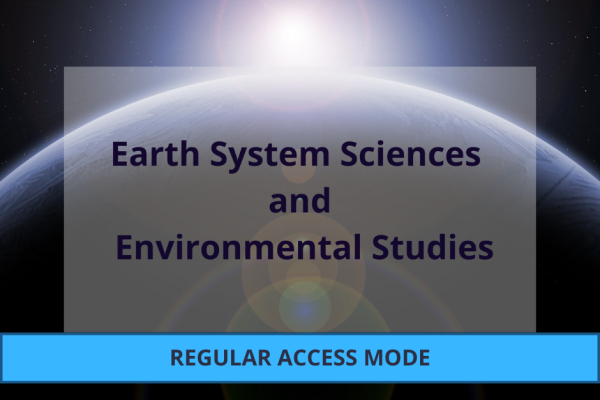Filter by
Awarded Projects (315)
RSS
The electrochemical transformation of CO2 with renewable electricity to high energy density compounds (fuels) holds the key to reach sustainability goals SDG 7 closing the carbon cycle and mitigating the intermittent nature of the renewables.

Knowledge of transformation mechanisms and related free-energy barriers in pressure-induced solid-solid first-order phase transitions is of fundamental interest but also of major importance for technological applications.

Aviation plays a crucial role in connecting people and goods but it is also an important contributor to negative effects such as the global CO2 release as well as air pollution.

Traditional large-scale AI models, operated by hyperscalers or private companies directly (ie. OpenAI and Anthropic), often fall short in meeting these sector-specific requirements while raising concerns about data privacy, vendor lock-in, and cost-effectiveness.

Large Language Models have revolutionised work with breakthrough capabilities. They can perform tasks without explicit training, making them incredibly powerful.

Understanding the origin of globular clusters (GCs) is at the frontier of astronomy.

Plastics are important polymeric materials with versatile applications, such as boat hulls/decks, tanks, pipes or gratings, and bottles, but unfortunately, they contribute massively for severe plastic contamination worldwide.

The project outlined here aims to uncover firstly the formation pathways of MBHs and secondly to track the evolution and growth of MBHs in very early galaxies as the MBHs grow, merge and settle towards their host galaxy's centre.

In this study, 3D dynamic earthquake simulations will be used to create a large database of synthetic ground motions in Israel, along the active Dead-Sea Transform plate boundary, explicitly accounting for the covariance in the input parameters.

The interaction between bubbles and turbulence is a crucial aspect of many natural phenomena and industrial processes.